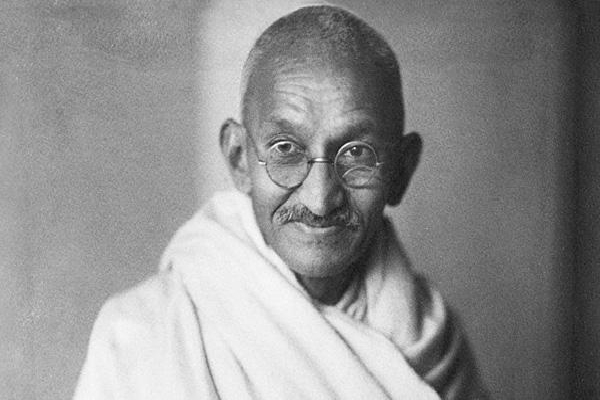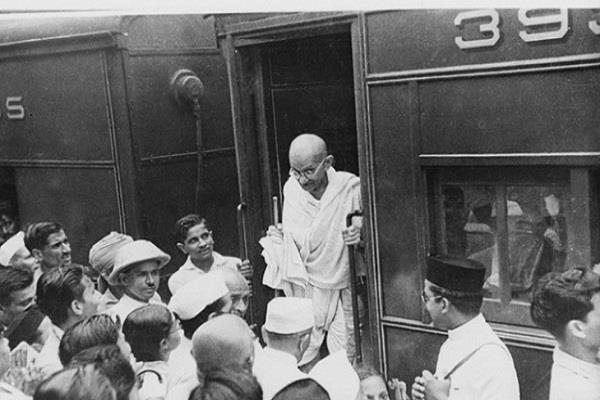Open Letter to Mahatma Gandhi - Are Indian School Textbooks Telling You The Entire Story of the Mahatma?
|

Mohandas Karamchand Gandhi. Who doesn’t know this name? He was the ordinary man that spent his entire life fighting for his people and his country. The face on the currency of India is one of the people responsible for the social, liberal and economic situation in India and his actions for the quest to freedom still have an impact on all our lives.
Born on 2nd October 1869 in Gujarat, Gandhi was a lawyer who later turned into a freedom fighter who propagated non-violence as a medium to make India democratic. He worked for the welfare of people who were either oppressed or were minorities since the age of 23. Before joining the fight to freedom in India, Mahatma Gandhi was in South Africa, and from there he started carrying reforms to combat the racism against Indians. But, what many people do not know is that, while he focused on the racism being imposed on Indians, he ignored the problems and situation of the Africans while being on their soil.

We learn about all the grandeur of his work and the revolutions he carried in our textbooks during school, but are the textbooks giving the students all there is to know about the Mahatma, or is it a well fabricated propaganda to keep people from knowing all sides of the story?
In Indian school textbooks, we learn about the biggest public revolution of his life, which is the Salt Satyagraha movement. It talks about his determination to free India of the British Rule, his unique views of non-violence and his sacrifice when he carried out a 21 day fast to protest against the British.
While all of this may seem inspirational, it is not the entire story of the Mahatma. There are a few controversies regarding his personal life and his religious views that have led to many extreme measures like the separation of Hindus and Muslims via division of one union country like India. From his involvement in creating a divide between Hindu and Muslims, to his opposition to his son Manilal’s decision of marrying a Muslim girl, these lesser known facts about Gandhi can’t help but make us wonder if we know the entire truth or not.
In Indian textbooks, things like his beliefs in social life like decision to adapt to celibacy after having three children, to having unrealistic views of peace and harmony should be included.
Things like why was Mahatma Gandhi killed by Nathuram Godse? How did the Partition of India affect the world and what are its consequences? What were his views on the condition of Jews in Germany, his treatment towards the members of the lower caste?? All these things should be elaborately present in the textbooks for people to create an opinion only after knowing the facts instead of being taught a well-propagated history and forcing them to follow one person as an ideal.
Hence, portrayal of Mahatma Gandhi in textbooks, although informative, is truth half hidden and it is time that people know about their country and form their individualistic opinions instead of force fed ones.
- Shravya Kulkarni